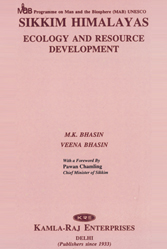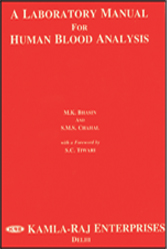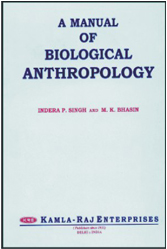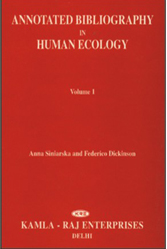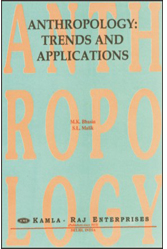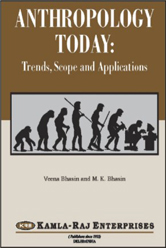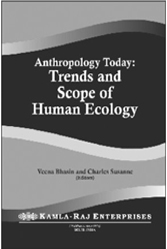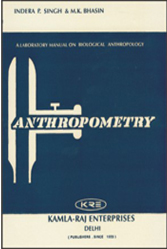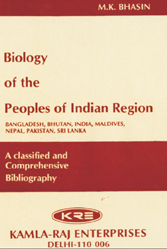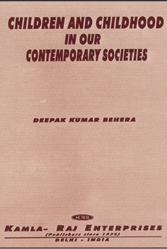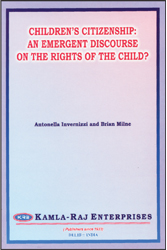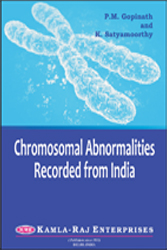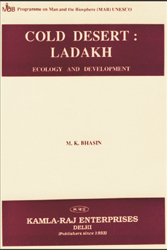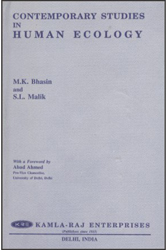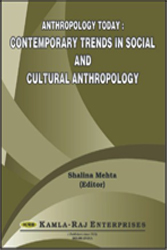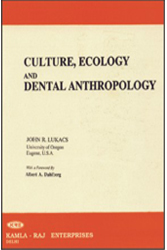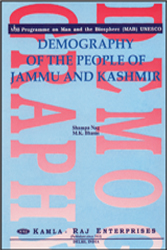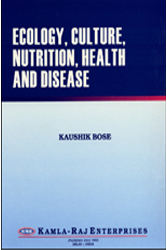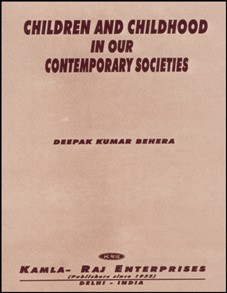The volume emphasizes that we should begin to rethink our approaches to children and the issues relating to them in various contexts in our contemporary societies. This rethinking, a gesture of cognitive and political correctness, is consequent upon our understanding on childhood issues. The flaws, as will be apparent from the articles in the volume, consists mostly in the fact that the construction of childhood and its related issues as social categories of knowledge are the monopoly of the adults. This volume thus seeks to rectify the flaws by highlighting the basic disagreement between children’s perspectives on their own lives and that of the adults on children’s lives. What it tries to do is the reconstruction of childhood specifically through children’s notion of self-identity. The volume underpins the ideas that children must be regarded as social actors and their rights must be based on the views they themselves have on various issues and conditions that affect them. Some contributors to the volume critically examine various approaches to childhood research. Topics investigated by the contributors are: childhood research, children’s well-being, children’s identity, childhood and social space, children as social actors, children in cyber environment, children with special problems, children’s competency, children’s rights, childhood politics, children and criminal justice, etc. The volume is important both for analytical and policy related reasons.
